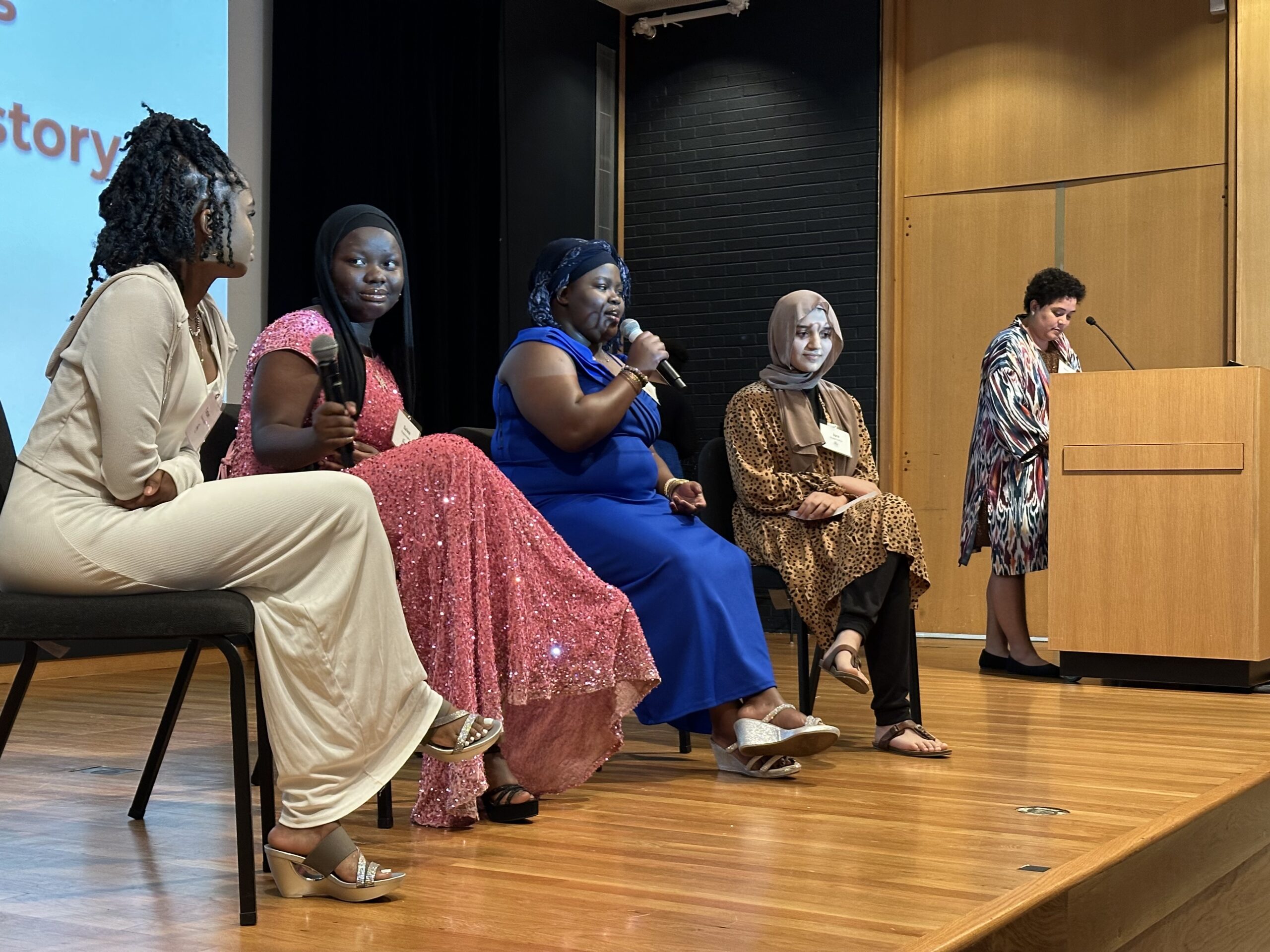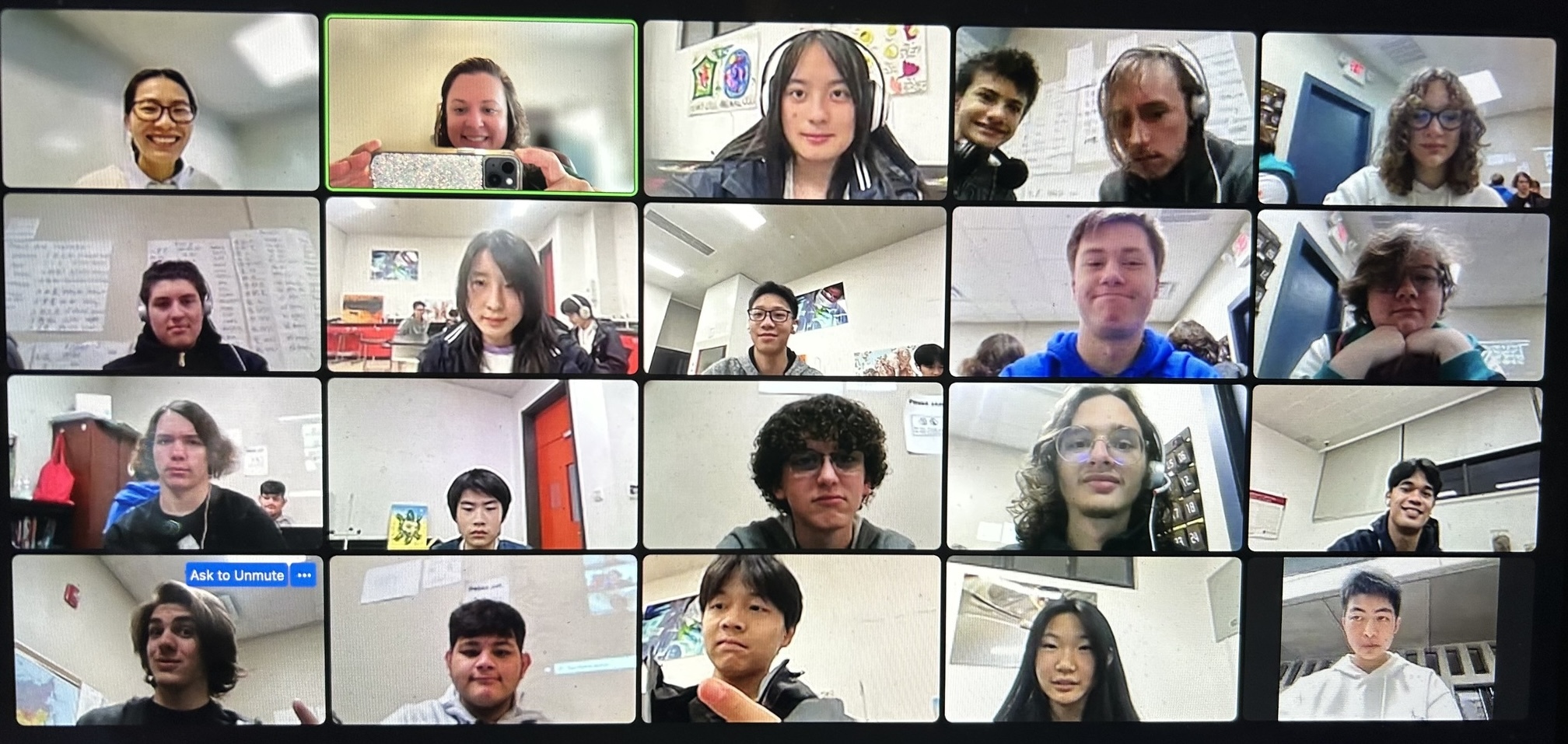Research Could Lead More Students To STEM Careers
September 15, 2009 – Filling the pipeline with the next generation of chemists, engineers and statisticians isn’t easy. New research at North Carolina State University hopes to drive U.S. students to careers in science, technology, engineering and mathematics, also known as STEM.
A team of researchers at NC State recently received a $1.8 million grant from the National Science Foundation that will bring advanced mathematics software to rural, underserved high schools in North Carolina through NC State’s innovative cloud computing solution, the Virtual Computing Lab (VCL). The project, called “Scale-Up: Scaling up STEM Learning with the VCL,” is designed to be replicated across the state and country.
The project is a partnership between several units at NC State including the Communication Department, the Friday Institute for Educational Innovation and the Office of Technology Information.
The scale-up program leverages several other initiatives the Friday Institute has undertaken. Through the N.C. School Connectivity program, all K-12 schools in the state have access to broadband Internet. The institute is also working on the N.C. 1:1 Learning Technology Initiative that supports bringing one laptop to every student and teacher in the N.C. K-12 school system.
“This project will build upon previous successes of the Friday Institute,” say Dr. Eric Wiebe, associate professor of science education and Senior Research Fellow at the Friday Institute. “Using these foundations, we are developing additional innovative approaches to teaching and learning. We believe these strategies will be better able to improve student achievements and interest in math, science and technology.”
Beginning in the summer of 2010, algebra and geometry teachers from four school districts in North Carolina will participate in a series of professional development workshops to learn how to incorporate Fathom and The Geometer’s Sketchpad into their classrooms. These software programs can be used to create real world, problem-solving scenarios to teach algebra and geometry concepts. From there, researchers will observe how teachers use the VCL to facilitate incorporating the software into their curriculum, while providing ongoing support. The teacher development and classroom practice will be further enhanced and linked to STEM careers through a mentor network developed by the project.
“For instance, after using The Geometer’s Sketchpad program to teach the triangle inequality theorem, a retired mechanical engineer could speak to a class—either in person or on the Internet—about how they would use that theorem in designing a particular mechanical part,” says Dr. Karen Hollebrands, associate professor of mathematics, science and technology education. “Students can make an instant connection with the real-world implications of the formulas they are learning.”
“We hope by improving student achievement and interest in mathematics through meaningful and relevant instruction with powerful technology tools, students will be more prepared to pursue STEM-related majors in college that may lead to greater participation in STEM-related careers,” says Dr. Sarah Stein, associate professor of communication and Principal Investigator on the project.
Dr. Stein is joined on the project by Co-Principal Investigators Dr. Eric Wiebe and Dr. Karen Hollebrands, associate professors of mathematics, science and technology education, and Dr. Henry Schaffer, coordinator of special IT projects in the Office of Information Technology.
- Categories:



